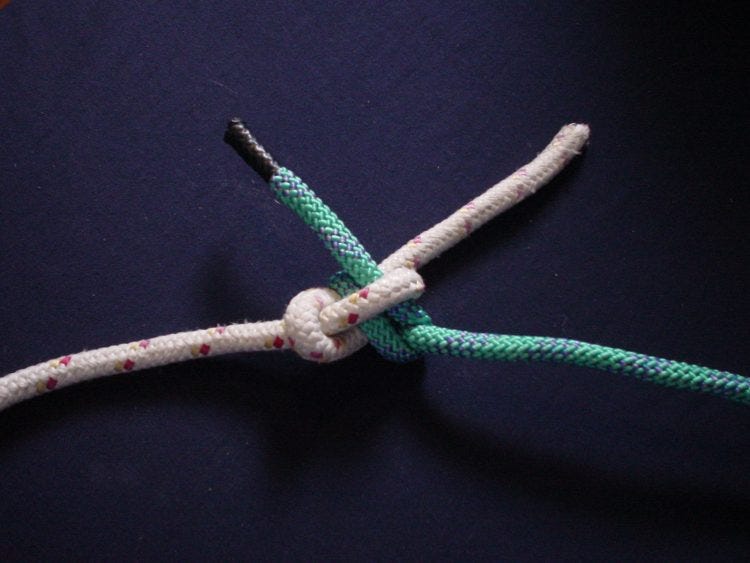What should critical physiotherapy do for you?

There have been a few occasions over the last few months when people within the Critical Physiotherapy Network have been asked to do more for physiotherapy.
The first time happened after our CPN Salon in Cape Town last year. Our esteemed colleague Professor Dina Brooks began the discussion by asking the CPN to do more to help mainstream physiotherapists make complex theories and philosophies more accessible. In her Reflections of a quantitative researcher on the CPN Salon, posted in July last year, Dina argued that the CPN risked functioning like a 'club' that excluded those who didn't subscribe to its principles. One of Dina's arguments at the time was that the CPN should build bridges not walls, and that members who do understand philosophies and qualitative and social theories have a responsibility to translate some of these ideas to others who don't.
The subject came up again a few weeks ago and again yesterday. For some months now we've been planning an online critical physiotherapy course, partly in response to Dina's critique. We've been running open workshops with CPN members to discuss how the course might run and what it might include. A few weeks ago we started talking about who the course might be for. We decided that it wasn't for people who already had a good grasp of critical theory and philosophy, but nor was it for the complete novice. People with almost no knowledge of critical theory would probably be better served taking some the kinds of postgraduate course that we wouldn't be able to service right now and, in truth, they're unlikely to sign up for a course on critical thinking if they've not had any exposure to these ideas before. And the experts would probably be the tutors anyway. So our plan was to target those people who had had a taste of critical theories and wanted more.
Over the last few days, I've been having an email conversation with someone close to the sharp end of CPN business, and someone who has participated in the online planning for the course, and her thoughts brought me back to Dina's comments after the Salon last year. Her argument about talking with people who already 'get' the idea of critical physiotherapy was that it risked attracting "people who already appreciate that social science perspectives have a role in physiotherapy practice". Were we missing an opportunity to "make these perspectives more mainstream, maybe more understandable, to show the relevance and meaning of different ways of viewing practice to those who have no previous experience...Might we have put the cart before the course?"
There's a real tension here.
I've argued often on this site that physiotherapists need to 'leave' what's comfortable and familiar if they are really going to think differently about the profession in the future. Part of that is about not expecting someone who's done that already to 'feed' you the important bits to save you the trouble, but actually doing the leg-work and finding out for yourself what's possible, what's new, and what's exciting. You certainly have to kiss a lot of frogs before you find your prince, but the learning happens in the journey. The risk for CPN members who do understand a lot of philosophy and theory is that they shortcut the transformative process that makes enduring change for those who are truly novice. A course should only ever be a stimulus, not a solution. It should open doors, not give you a neat package of answers. So while there's a risk of us only preaching to the converted, there's an equal risk that we pander to a profession that often doesn't want to reach beyond what's familiar and comfortable. Striking the right balance is hard.
Should the course be for novices or for people who already have a sense of what might be possible? Should we be offering tasters and teasers in the hope that people think anew, or should we focus on developing people who've already made the cognitive shift to thinking differently? These are tough questions and will shape a lot of the work we do in the coming months.

